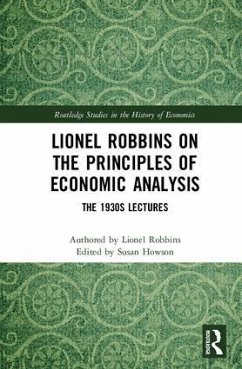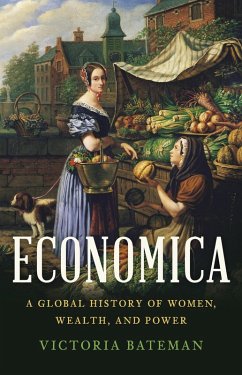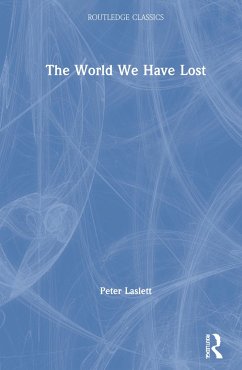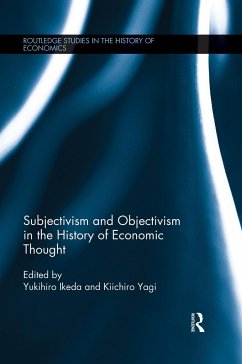
Nature in the History of Economic Thought
How Natural Resources Became an Economic Concept
Versandkostenfrei!
Versandfertig in 1-2 Wochen
190,99 €
inkl. MwSt.
Weitere Ausgaben:

PAYBACK Punkte
95 °P sammeln!
From antiquity to our own time those interested in political economy have with almost no exceptions regarded the natural physical environment as a resource meant for human use. Focusing on the period 1600-1850, and paying particular attention to major figures including Adam Smith, T.R. Malthus, David Ricardo and J.S. Mill, this book provides a detailed overview of the intellectual history of the economic consideration of nature from antiquity to modern times. It shows how even someone like Mill, who was clearly influenced by romantic notions regarding the spiritual need for contact with pristi...
From antiquity to our own time those interested in political economy have with almost no exceptions regarded the natural physical environment as a resource meant for human use. Focusing on the period 1600-1850, and paying particular attention to major figures including Adam Smith, T.R. Malthus, David Ricardo and J.S. Mill, this book provides a detailed overview of the intellectual history of the economic consideration of nature from antiquity to modern times. It shows how even someone like Mill, who was clearly influenced by romantic notions regarding the spiritual need for contact with pristine nature, ultimately regarded it as an economic resource.














